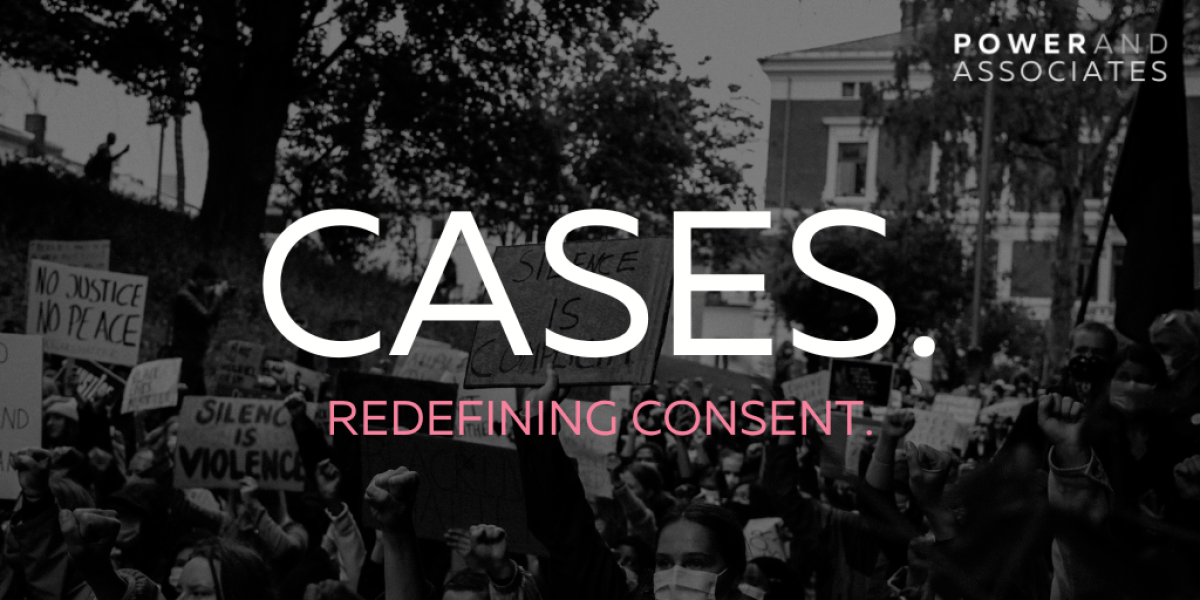UK court upholds restriction on protests outside abortion clinic
Dulgheriu v London Bureau of Ealing [2019] EWCA Civ 1490
Date of judgment: 21 August 2019
Court: Court of Appeal (Civil Division), Queen’s Bench
*****
The relevance of the case
In this matter, the Court of Appeal was required to balance the rights to privacy and freedom of assembly, as contained in the European Convention on Human Rights (European Convention). The London Borough of Ealing (Ealing) had issued a public spaces protection order (PSPO) that prohibited anti-abortion protests in the vicinity of the Marie Stopes Centre in London. The Marie Stopes Centre provides family planning services, including abortion services.
As a point of departure, the Court of Appeal noted that the decision of a woman over whether or not to have an abortion is an intensely personal and sensitive matter, which clearly falls within the notion of private life under article 8 of the European Convention. The Court of Appeal noted further that the protests went beyond simply causing irritation, annoyance, offence, shock or disturbance – which would have still been protected under articles 10 and 11 of the European Convention – and instead affected the quality of life of persons visiting the Marie Stopes Centre, including there being evidence of lasting psychological and emotional harm on users, particularly given the persistent and continuing nature of the protests.
As such, the Court of Appeal held that the PSPO was necessary to strike a fair balance between, on the one hand, protecting those important interests of the persons visiting the Marie Stopes Centre and, on the other hand, the rights of the protestors. The Court concluded that the Marie Stopes Centre was entitled to the PSPO against the protesters, and therefore dismissed the appeal.
Factual background
A Christian group called the Good Counsel Network (GCN), together with other anti-abortion campaigners had congregated for years immediately outside the Marie Stopes Centre to protest, among other things, the family planning and abortion services provided by the Centre. Members of the GCN were typically there on a daily basis and would engage in dialogue with persons entering the Marie Stopes Centre in an attempt to dissuade them from having an abortion. They further handed out leaflets, displayed posters depicting foetuses at various stages of gestation, and held vigils and prayer sessions.
In 2017, a pro-choice group called Sister Supporters organised a petition to ban anti-abortion protestors from the vicinity of the Marie Stopes Centre. This led to significant tensions between the groups. On 10 April 2018, following various engagements, Ealing issued a PSPO that prohibited anti-abortion protests in the vicinity of the Marie Stopes Centre in London. This PSPO prohibited the following conduct:
(i) Protesting, namely engaging in any act of approval/disapproval or attempted act of approval/disapproval, with respect to issues related to abortion services, by any means. This includes but is not limited to graphic, verbal or written means, prayer or counselling,
(ii) Interfering, or attempting to interfere, whether verbally or physically, with a service user or member of staff,
(iii) Intimidating or harassing, or attempting to intimidate or harass, a service user or member of staff,
(iv) Recording or photographing a service user or member of staff of the Clinic whilst they are in the Safe Zone,
(v) Displaying any text or images relating directly or indirectly to the termination of pregnancy, or
(vi) Playing or using amplified music, voice or audio recordings.
Following the lower courts have upheld the PSPO, the GCN and others appealed to the Court of Appeal to set the PSPO aside.
The judgment of the Court of Appeal
The key issue before the Court of Appeal was whether the right to privacy of persons visiting the Marie Stopes Centre, as contained in article 8 of the European Convention, was implicated by the protestors outside the Centre. In this regard, the Court of Appeal stated that “[t]he decision of a woman whether or not to have an abortion is an intensely personal and sensitive matter. There is no doubt that it falls within the notion of private life within the meaning of Article 8 [of the European Convention].”
Referring to previous rulings of the European Court of Human Rights, the Court of Appeal reiterated that the state is under a positive obligation to create a framework that enables a pregnant woman to effectively exercise her right of access to a lawful abortion. The Court of Appeal also noted that the matter should be considered in the context of the exercise by those visiting the Marie Stopes Centre to privately access advice on the medical procedures available. As stated by the Court of Appeal, “[t]hat is a reflection of the centrality under article 8 of the protection of every individual’s right to personal autonomy”. The Court of Appeal stated further that:
In assessing whether article 8 is engaged by the activities of protesters outside the Centre, it is necessary to bear in mind … that service users visiting the Centre are women in the early stages of pregnancy. Some are children. Some are victims of rape. Some are carrying foetuses with abnormalities, even fatal abnormalities. Some may not have told friends or family. Their very attendance at the Centre is a statement about highly personal and intimate matters. They may be in physical pain and suffering acute psychological and emotional issues both when attending and leaving the Centre. There is no alternative way of arriving at and leaving the Centre except across a public space, which they would naturally wish to cross as inconspicuously as possible.
According to the Court of Appeal, there was clear evidence that persons visiting the Marie Stopes Centre had been left with significant emotional and psychological damage by the conduct of GCN and other protestors outside the Centre. As stated by the Court of Appeal: “The activities of GCN and other protest groups outside the Centre have had a detrimental effect on the quality of life of those visiting the Centre which was, or was likely to be, of a persistent or continuing nature.”
On a review of the facts before it, the Court of Appeal concluded that the protests in question were not simply a case of a protest causing irritation, annoyance, offence, shock or disturbance – which would still have been protected under articles 10 and 11 of the European Convention. Rather, this went further in its effect on the quality of life of persons visiting the Marie Stopes Centre, as evidenced by the lasting psychological and emotional harm on users.
The Court of Appeal, therefore, held that the persons visiting the Marie Stopes Centre were entitled to protection from the protestors, and that “[a] PSPO was necessary to strike a fair balance between, on the one hand, protecting those important interests of the service users and, on the other hand, the rights of the protestors”. As such, the appeal was dismissed.
Please note: The information contained in this note is for general guidance on matters of interest, and does not constitute legal advice. For any enquiries, please contact us at [email protected].





